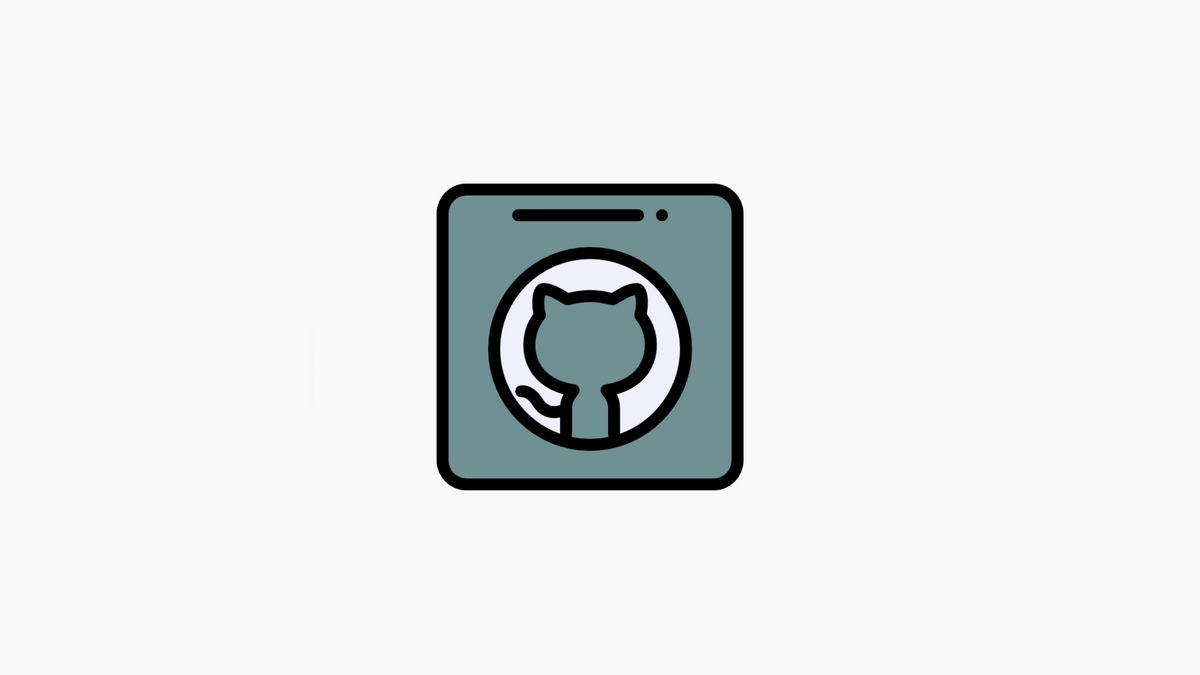An Introduction to GitHub

GitHub is a development platform that enables software developers to share and collaborate on code.
It offers a variety of features, such as project management tools, issue tracking, wikis, and code repositories. GitHub also makes it easy for developers to fork projects and submit pull requests.
The GitHub platform has become popular among software developers because it makes it easy to manage collaborative projects. In addition, the platform has a large community of users who are willing to help others with their coding challenges.
History: how did GitHub get started?
GitHub is a web-based hosting service for software development projects that use the Git revision control system. It offers all of the features of Git and provides collaboration features such as bug tracking, feature requests, task management, and wikis for each project.
It was created in 2008 by Tom Preston-Werner, Chris Wanstrath, and PJ Hyett after they had used Git for a few years and were unhappy with the available options. The name GitHub is a combination of Git and hub.
GitHub became popular very quickly; in less than two years, it had been used by more than 1.5 million people. In 2010, GitHub received $100 million in funding from Andreessen Horowitz. Then, in 2012, it was announced that Twitter had acquired GitHub for $75 million.
Functionality: what can you do with GitHub?
GitHub is a web-based hosting service for software development projects that use the Git revision control system.
It offers all of the features of Git and features specific to hosting software development projects, such as bug tracking, feature requests, task management, and wikis for documentation.
GitHub also offers paid subscriptions for private repositories.
Projects: how do people use GitHub for projects?
A project is a collection of files and folders with a specific purpose. People use GitHub for projects because it’s a great way to store files and keep track of changes. You can also share your project with other people and collaborate on it.
When you create a new project on GitHub, you can use a template or start from scratch. If you choose a template, GitHub will create a repository for you and give you some basic files to get started. If you start from scratch, you’ll need to create a repository yourself and add some files to it.
The most common file type in a GitHub project is the source code file. Source code is the instructions that tell a computer what to do. Other common types of files include text files, image files, and video files.
Collaboration: how does GitHub help with collaboration?
GitHub is a web-based hosting service for software development projects that use the Git revision control system. GitHub offers both paid and free accounts, with paid accounts offering more features. A GitHub account allows users to create and contribute to repositories hosted on the GitHub website. Repositories on GitHub can be accessed and manipulated using the GitHub Desktop client or any other Git client.
The GitHub website provides a graphical interface for managing repositories, collaborators, and branches. It also provides an online code editor with syntax highlighting, code completion, and tab completion. The code editor is based on the Ace editor from TextMate.
Community: what is the GitHub community like?
GitHub is a code hosting platform with a large and active community. The GitHub community is welcoming and helpful, and there are many resources available to help you get started. The community is also very active, and there are always new things happening. So if you’re looking for a place to learn or share your code, GitHub is the place for you.
Final Thought
While some in the software development community may be hesitant to see Microsoft buy GitHub, it is clear that the move will bring great benefits to both companies.
With Microsoft’s resources and GitHub’s platform, the two companies are well-positioned to take on future challenges and continue to dominate the software development industry.